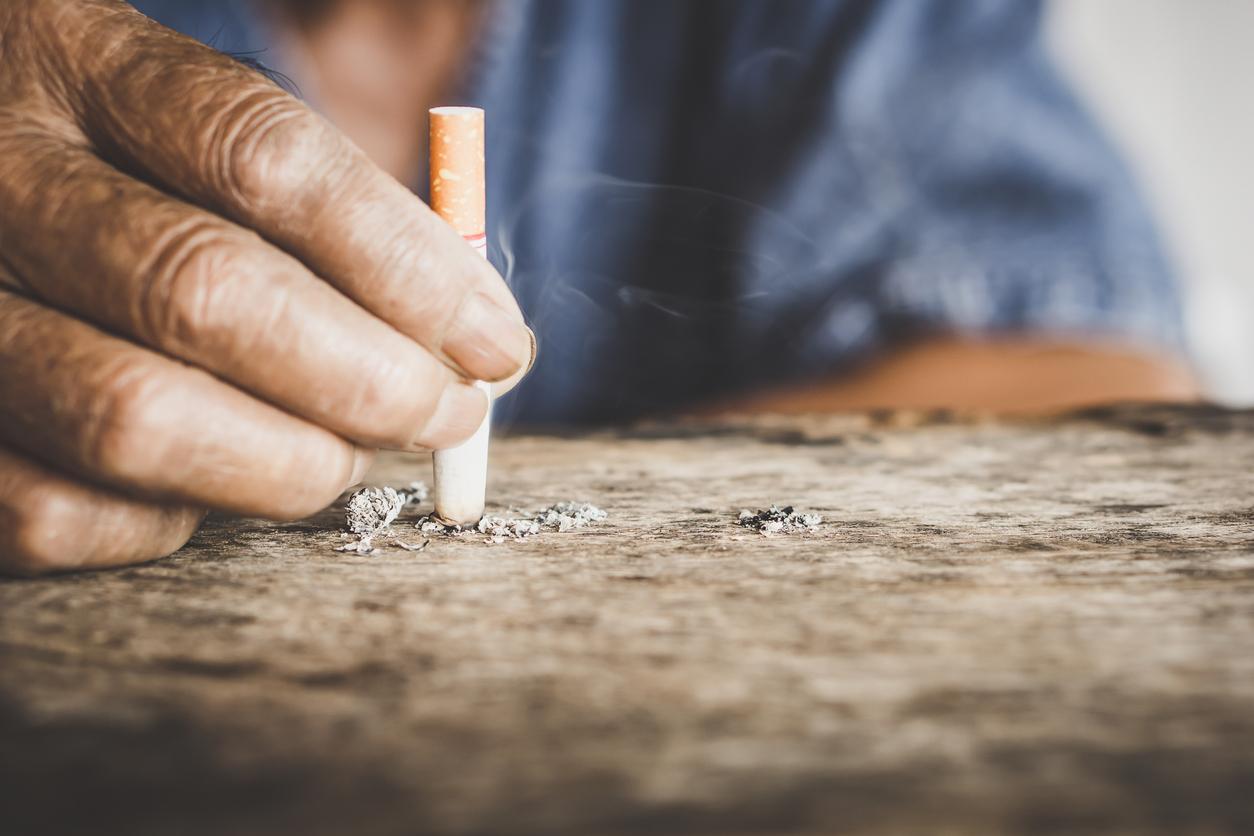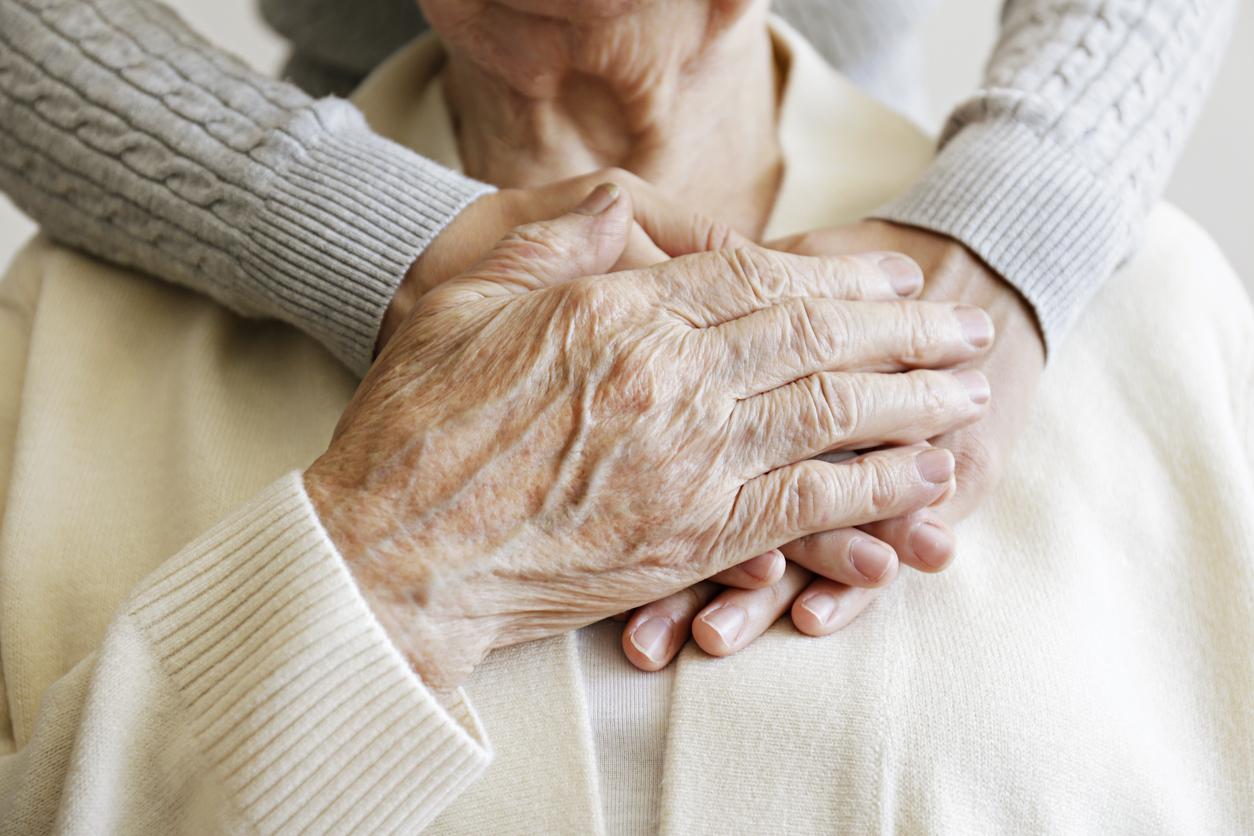People who live in precarious socio-economic conditions have a lower life expectancy, according to a study.

Poverty involves health. Living in unfavorable socio-economic conditions would lose two years of life, almost as much as a sedentary lifestyle, according to a study published Wednesday in the Lancet.
The researchers reviewed 48 studies conducted in the United States, Australia and several European countries. They found that poor socio-economic conditions – such as having a low-skilled job or a low level of education – could reduce a person’s average life expectancy by 2.1 years.
Education, income, work
Smoking is associated with a loss of life expectancy of 4.8 years, diabetes 3.9 years and sedentary lifestyle 2.4 years. The study was carried out as part of the Lifepath project, dedicated to aging and funded by the European Commission.
The objective of this project is to understand the biological mechanisms by which social inequalities generate inequalities in health. “We know that education, income and work affect health, but few studies have assessed their importance,” the authors explain.
A risk factor
The researchers point out that socio-economic conditions can be changed by local, national or international policies and that the impact of these changes on life expectancy may be greater than smoking cessation aids or counseling. diet, this type of intervention benefiting more privileged people.
In addition, the authors believe that the socio-economic standard of living can constitute a risk factor to be taken into account, in the same way as smoking or a sedentary lifestyle.
.

















